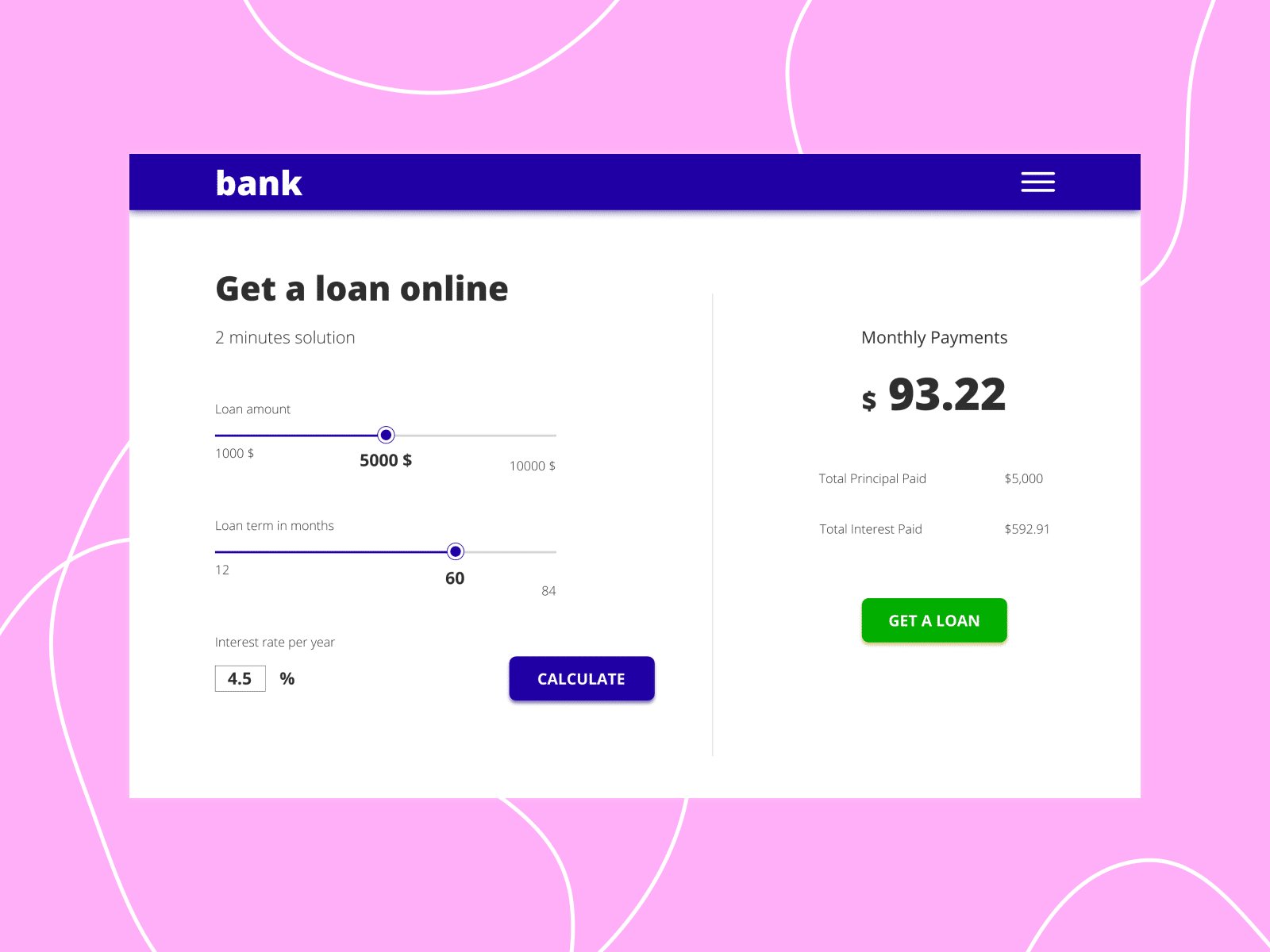Real Estate SEO
Overcoming real estate SEO is challenging, taking the perfect mix of large content and local-centric information. So we looked at both the brands and businesses that monopolised the SEO area for real estate and put together the best solutions and SEO strategies for organic market share success.
Most industrial sectors that used to be influenced by traditional marketing strategies, such as print advertising, direct ‘snail’ mail, and television adverts, are now seeing a dramatic shift into digital marketing, one of which is real estate.
What is Real estate SEO?
SEO is, in simple terms, getting found online. To attract more web traffic, it uses relevant search terms and techniques on your website. Since most Internet users rely on search engines to guide them to websites, it is critical that search engines such as Google not only list your website but also highly rank it in the search results. This is possible with an efficient real estate SEO strategy when it comes to Real Estate SEO.
How difficult is it to perform SEO for real estate agencies?
SEO is difficult because search engine algorithms are continually changing the way they assess how to show results. Your website should be managed and nurtured as an ongoing development. It takes a lot of patience, but the benefits are very well worthwhile.
The following approaches can ensure that you may be seen by search engine consumers in your area who are looking for real estate agents. You might want to check our SEO page for individual submissions once you have taken these measures on your website.
1. Conduct an SEO audit on your website/listings
Typically the wisest place to begin is running an SEO audit. An audit is actually necessary if you want to improve your real estate website. You will figure out why your site doesn’t appear on local SEO searches, drive organic traffic, generates leads, or converts customers.
A real estate SEO website audit is an extremely complex issue. Pay attention to these areas when performing a real estate SEO audit:
- Content optimisation: Placement of the keywords and links, structure, design elements, duplicates, appropriate redirects and tags.
- Links: broken ‘404’ links, inbound and outbound links, internal link structure.
- Page structure: ALT tags, H1-H6 tags, META Titles, META descriptions, URLs.
- Site structure: redirects, XML sitemap, robots.txt.
- Usability: Mobile-friendliness, site speed.

UberSuggest gives you a good indication of how you perform with your SEO keywords for real estate. Enter your site address and it will inform you how highly organic Google search results are and which keywords Google has listed for your website. It will also recommend keywords for Real Estate SEO.
SEOptimer is also a free tool. This will give you an A, B, C and D rating for your current SEO effort. It will provide suggestions such as’ Build and Connect and LinkedIn profile to add alt attributes to all photos.’ Each improvement should be simple for yourself, a staff member or your web developer to implement.
2. Providing online tools like mortgage calculators
One type of real estate SEO offering is providing useful content and tools such as mortgage or borrowing power calculators. This allows real estate agencies with the opportunity to engage with customers on their journey sooner.

These are tools that people love. The calculators that are widely searched include:
- Best mortgage calculator;
- Cost of buying a house calculator;
- FHA mortgage calculator;
- Home loan calculator;
- Investment property calculator;
- Mortgage payment calculator;
- Real estate calculator.
Many sites allow you to load these calculators on your website, start by looking for “install free mortgage calculator” and continue from there.
3. Create compelling and highly engaging video content
Your real estate firm can really differentiate by creating highly engaging and compelling videos from your competition. Video content really improves real estate SEO, Therefore, you should:
- Create, properly fill out and optimise your business YouTube channel;
- Upload HD videos to the business channel regularly;
- Share or embed the videos to your website and social media profile pages;
- Host live-streams or online questionnaires on YouTube or Facebook Live to attract an audience interested in real estate property.
Consider composing these types of video content:
- Open home video tours
- Neighbourhood and surrounding areas (shops/schools/parks/facilities) video tours
- Listings videos – best suburbs to live in for young families / best places to retire etc.
- Q&A hosting videos
- Q&A live-streams
- Virtual 360′ tours internally and externally
For a local search, your videos should be optimised: include geo-targeted keywords in headlines, descriptions and hashtags.
In order to improve Indexability, consider adding subtitles and put the entire transcript in the description section It is also necessary to add links to your website, social media, related links and content in the description.
4. Ensure that your website is mobile-friendly
Once all the SEO-essentials are covered, you should focus on optimising your mobile real estate website. Why is mobile improvement required? Considering that over 48% of all real estate enquiries are now happening on mobile.
Make sure potential customers have convenient access to and use of your website on any mobile device. Nine key areas in the approach to mobile optimisation must be taken into account here:
- Appropriate mobile-friendly conversions;
- Mobile-friendly Forms
- Mobile-friendly Homepage
- Local hosting speed
- Mobile-friendly Page speed
- Responsive design
- Site navigation
- Site search
- Usability
All of these are very essential for your rankings and conversions. Visitors perceive the website to be launched in less than 2 seconds or will leave immediately unless you provide an outstanding user experience.
Additionally, if your submission forms are confusing people will bounce back to the search results and check out one of your competitors. If this occurs too often, search engines will notice and subsequently, your rankings will drop.
Some mobile tips for optimisation that’s ideal for Real Estate SEO:
- Execute a Google’s Mobile-friendly test to determine if your website is mobile-friendly and view the diagnostics from Google if there are any issues that arise.
- Go through Google’s PageSpeed Insights tool that has a 100 point diagnostics checklist which goes through the likes of load speed, to error related issues.
- Optimise the coding for your website to remove all Flash and script elements and improve the load time for your pages.
- Disable advertisements and interstitial elements that block users from accessing content. Google and the consumers both hate mobile sites which contain any of the bove, which are difficult to navigate.
- Make sure your website is easy to use. You need CTAs, short menus with large easy-to-click tabs, a distinctive field with selectable philtres, a user-friendly contact form and a logo button to enable users to return to your homepage. It needs visually appealing, but not intrusive CTAs.
- Optimize your images. Reduce large image size and ensure that every image has an ALT text.
- Check if your site search displays relevant results. Ensure that filters work properly and do not make users zoom.
- Ensure that your site’s search function displays relevant results instead of random irrelevant results. Check if your site filters are in order and the screen doesn’t zoom when submitted.
- Settle AMP for your blog. This increases web loading time significantly.
- Fix the site’s caching problems. Sometimes in mobile searches, a site may be improperly served due to hosting and caching issues. Make sure you handle all your HTTP requests flash.
In fact, the website needs to secure https, or it will lose its ranking, for good Real Estate SEO. Ask your developer to update your platform to http:// instead of https://. A minor change means that Google will include the domain in mobile searches and you know that you are a trustworthy website, with an SSL certificate of about $50.
5. Be active on social media to increase Real Estate SEO!
Running an SEO audit will highlight whether social media needs to be more active or not. It involves building and connecting profiles and accounts on Twitter, LinkedIn and Instagram from your real estate website.

It will help boost your real estate SEO by creating a social media strategy and posting updates, photos, videos and blogs on a regular basis that inspire people to visit your website.
- Create a compelling blog post once a week;
- Post on Facebook 3 times a week – once a day;
- Post on Instagram daily – stories/post;
- Tweet on Twitter daily – Market forecast/sales.
Create a social media strategy and assign someone the responsibility to maximise their performance, so that you can increase your SEO ranking and build inbound leads.
Get professional digital marketing support
The rules on real estate SEO change regularly so that you will have to keep up with Google’s new changes and updates on a continuous basis while those are valid for 2020 and beyond.
Why not seek help from our real estate SEO experts if these tips sound a little too technical or well beyond you. My team and I plan, create, optimise and upload content to websites every day. Our knowledge, especially the real estate industry, has strengthened for years.
We know about the keywords and search term of the real estate, but we still better know about the behaviour of homeowners, the website and statistics on social media advertising that ensures your name and brand are found beyond your competitors. Contact us today.



